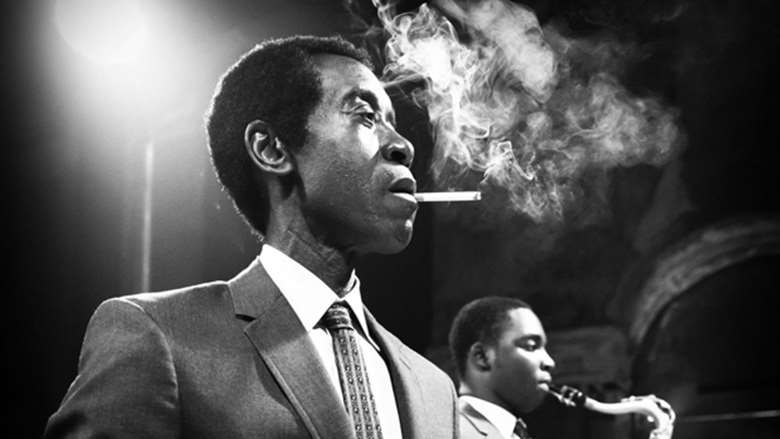Interview: Don Cheadle on the making of Miles Ahead
Thursday, April 21, 2016
Oscar-nominated actor and director Don Cheadle’s recent cinematic release Miles Ahead is an unusual, impressionistic collage of biopic and fictitious action movie.


Register now to continue reading

Thank you for visiting Jazzwise.co.uk. Sign up for a free account today to enjoy the following benefits:
- Free access to 3 subscriber-only articles per month
- Unlimited access to our news, live reviews and artist pages
- Free email newsletter